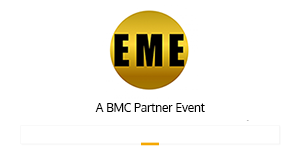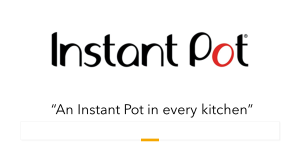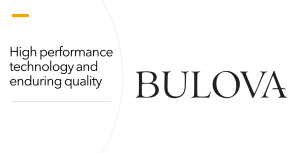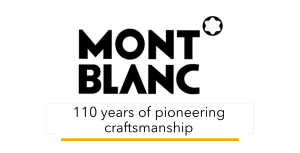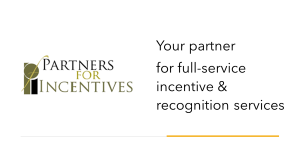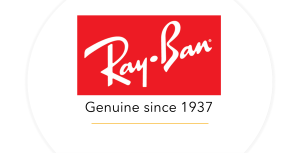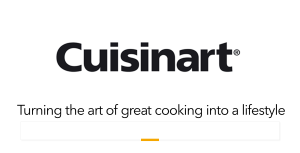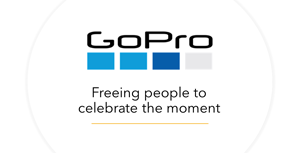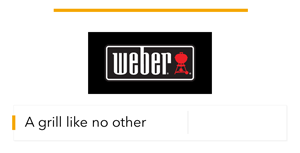Study Highlights Risks of Peer-to-Peer Recognition Programs
 It is well-known in the recognition field that the best results are achieved when the managers giving the recognition receive ongoing support and coaching on how best to express appreciation to employees. This study indicates that employees in peer-to-peer recognition programs require the same training.
It is well-known in the recognition field that the best results are achieved when the managers giving the recognition receive ongoing support and coaching on how best to express appreciation to employees. This study indicates that employees in peer-to-peer recognition programs require the same training.“Public peer recognition might have adverse effects by facilitating employee comparisons, leading to feelings of unjust treatment among certain employees,” according to a recent experiment-based study by Pei Wang, a PhD candidate in accounting at the University of Waterloo in Ontario.
The study, “When Peer Recognition Backfires: The Impact of Peer Information on Subsequent Helping Behavior” finds that "When employees perceive themselves deserving of peer recognition but do not receive it, they may perceive unfair treatment. Consequently, their willingness to aid co-workers, not just the specific individual they feel mistreated by, diminishes," her study finds.
“In practical terms, employees may perceive certain behaviors as unfair during public peer recognition when there is a disagreement about what actions should or should not be acknowledged. Furthermore, some employees may only extend recognition to individuals in their immediate circle, which can contribute to a sense of unfairness.”
The study used a controlled experiment involving three individuals in distinct roles—recognizer, helper, and worker—to examine the impact of peer recognition on subsequent willingness to help among employees. In the experiment, both the helper and the worker provide assistance to the recognizer, but only the helper receives recognition from the recognizer. As a result, the study finds, “The worker displays reduced willingness to assist both the recognizer and the helper when they perceive their initial assistance surpasses that of the helper. Conversely, when the worker perceives their initial assistance is lower than that of the helper, their willingness to assist the helper is higher. This decreased willingness to help the helper stems from a reciprocal response to the recognizer's lack of recognition.”
The author asserts that “These findings offer valuable insights for employers seeking to implement peer recognition strategies in the workplace. While peer recognition is often promoted as a means to enhance employees' willingness to assist others, the study results indicate the importance of managers being aware of the potential drawbacks associated with such systems.”
Wang suggests “that managers engage in open communication with employees and establish mutually agreed-upon guidelines regarding what types of accomplishments or behaviors should be acknowledged through public peer recognition and what might not require such recognition. This proactive approach can help mitigate the negative impact of perceived unfairness and promote a more positive and inclusive work environment.”
Subscribe to RRN’s weekly e-newsletter.
Profit From the “S” of Environmental, Social, Governance (ESG)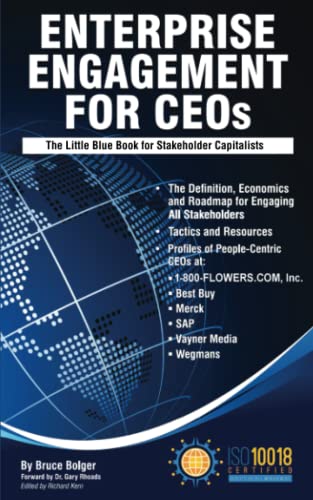
Through education, media, business development, advisory services, and outreach, the Enterprise Engagement Alliance supports boards, business analysts, the C-suite, management in finance, marketing, sales, human resources and operations, etc., educators, students and engagement solution providers seeking a competitive advantage by implementing a strategic and systematic approach to stakeholder engagement across the enterprise. Click here for details on all EEA and RRN media services.
1. Professional Education on Stakeholder Management and Total Rewards

Through education, media, business development, advisory services, and outreach, the Enterprise Engagement Alliance supports boards, business analysts, the C-suite, management in finance, marketing, sales, human resources and operations, etc., educators, students and engagement solution providers seeking a competitive advantage by implementing a strategic and systematic approach to stakeholder engagement across the enterprise. Click here for details on all EEA and RRN media services.
1. Professional Education on Stakeholder Management and Total Rewards
- Become part of the EEA as an individual, corporation, or solution provider to gain access to valuable learning, thought leadership, and marketing resources.
- The only education and certification program focusing on Stakeholder Engagement and Human Capital metrics and reporting, featuring seven members-only training videos that provide preparation for certification in Enterprise Engagement.
-
EEA books: Paid EEA participants receive Enterprise Engagement for CEOs: The Little Blue Book for People-
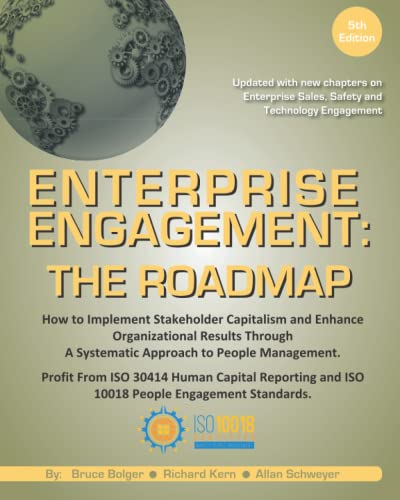 Centric Capitalists, a quick implementation guide for CEOs; Enterprise Engagement: The Roadmap 5th Edition implementation guide; a comprehensive textbook for practitioners, academics, and students, plus four books on theory and implementation from leaders in Stakeholder Management, Finance, Human Capital Management, and Culture.
Centric Capitalists, a quick implementation guide for CEOs; Enterprise Engagement: The Roadmap 5th Edition implementation guide; a comprehensive textbook for practitioners, academics, and students, plus four books on theory and implementation from leaders in Stakeholder Management, Finance, Human Capital Management, and Culture.
2. Media
- ESM at EnterpriseEngagement.org, EEXAdvisors.com marketplace, ESM e–newsletters, and library.
- RRN at RewardsRecognitionNetwork.com; BrandMediaCoalition.com marketplace, RRN e-newsletters, and library.
- EEA YouTube Channel with over three dozen how-to and insight videos and growing with nearly 100 expert guests.
3. Fully Integrated Business Development for Engagement and Total Rewards
Strategic Business Development for Stakeholder Management and Total Rewards solution providers, including Integrated blog, social media, and e-newsletter campaigns managed by content marketing experts.
4. Advisory Services for Organizations
Stakeholder Management Business Plans; Human Capital Management, Metrics, and Reporting for organizations, including ISO human capital certifications, and services for solution providers.
5. Outreach in the US and Around the World on Stakeholder Management and Total Rewards
The EEA promotes a strategic approach to people management and total rewards through its e-newsletters, web sites, and social media reaching 20,000 professionals a month and through other activities, such as:
Strategic Business Development for Stakeholder Management and Total Rewards solution providers, including Integrated blog, social media, and e-newsletter campaigns managed by content marketing experts.
4. Advisory Services for Organizations
Stakeholder Management Business Plans; Human Capital Management, Metrics, and Reporting for organizations, including ISO human capital certifications, and services for solution providers.
5. Outreach in the US and Around the World on Stakeholder Management and Total Rewards
The EEA promotes a strategic approach to people management and total rewards through its e-newsletters, web sites, and social media reaching 20,000 professionals a month and through other activities, such as:
- Association of National Advertisers Brand Engagement 360 Knowledge Center to educate brands and agencies.
- The EEA Engagement widget to promote, track, and measure customers/employee referrals and suggestions that can be connected to any rewards or front-end program management technology.
- The Stakeholder Capitalism free insignia to promote a commitment to better business.
- The BMC Brand Club and transactional storefronts to educate corporate and agency buyers on the IRR market.
- The EME Gold program to educate the top 3% of promotional consultants on s





